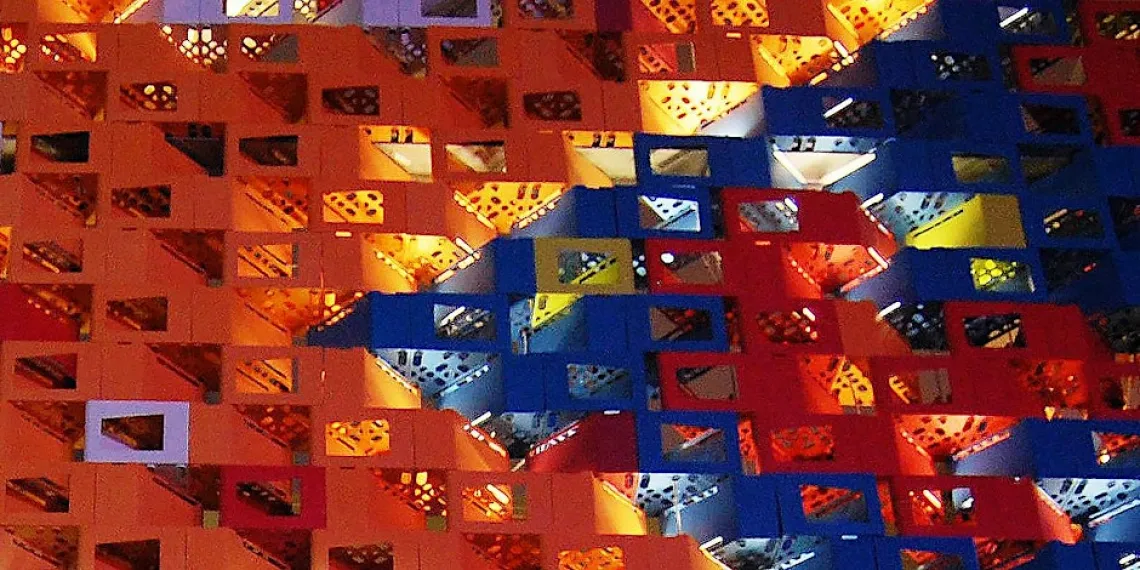
When
The Institute for the Study of International Expositions (ISIE) Symposium focuses on the roles international expositions have played in political, cultural, and technological developments across time and space and stronger connections to the global community of scholars from a vast range of disciplines involved in the study of world’s fairs.
The 2024 ISIE Symposium will bring together scholars, professionals and enthusiasts to explore fresh perspectives on the history and legacy of international expositions. The symposium aims to highlight innovative research, curation, and preservation strategies while providing outreach opportunities for new and existing members.
The ISIE “Emerging Scholars Symposium: New Voices in Expo Research,” will be held online via Zoom (with previous registration required) on March 22, 10:30am - 6:00pm EDT.
Paper Sessions
Crafting Immersive Experiences: Visitor Interactions and Exhibition Design. Explore exhibitor communication, pavilion design, and recent advancements in visitor experiences.
Questioning Global Narratives: Cultural Reflections and Competitive Histories. Examine past world expos within cross-cultural contexts, unraveling cultural reflections and competitive histories.
Beyond Borders: Architectural Utopias, Political Stages, and Paradigms of Representation. Delve into exposition design and pavilion architecture within a socio-political context.
Round Table: Charting New Horizons. Exploring Future Frontiers. Join four ISIE members in discussing the future of international expositions.
Social Hour and Book Giveaway! Wrap up the symposium with an opportunity to connect with other exposition scholars, professionals, and enthusiasts, as well as a chance to win a copy of Flying Cars, Zombie Dogs, and Robot Overlords by Charles Pappas, Senior Writer for Exhibitor Magazine and ISIE member.
Registration
Before 21 March 2024: Student Free* / Regular US$40
After 21 March 2024: US$75
*University email required
This event is supported in part by the College of Architecture, Planning and Landscape Architecture at the University of Arizona.
